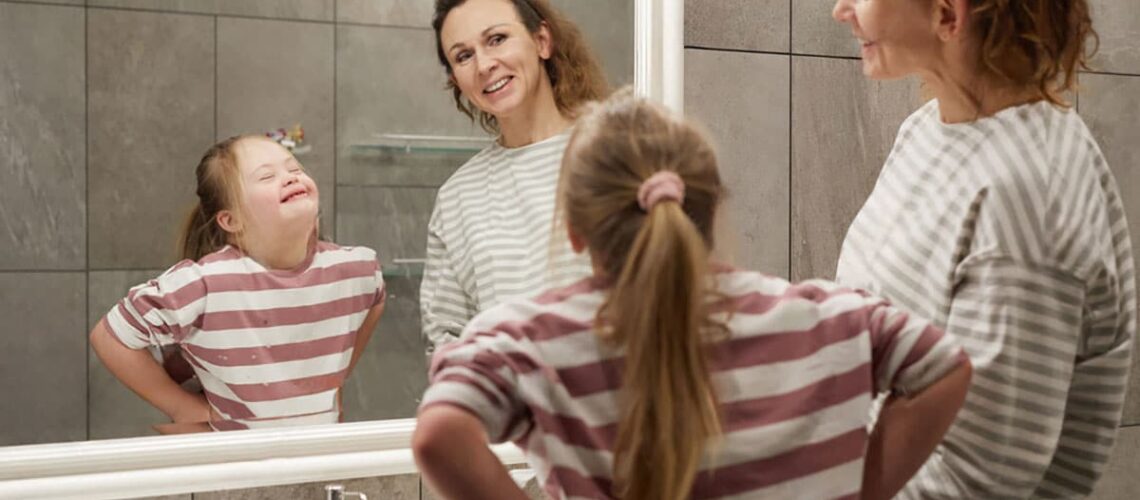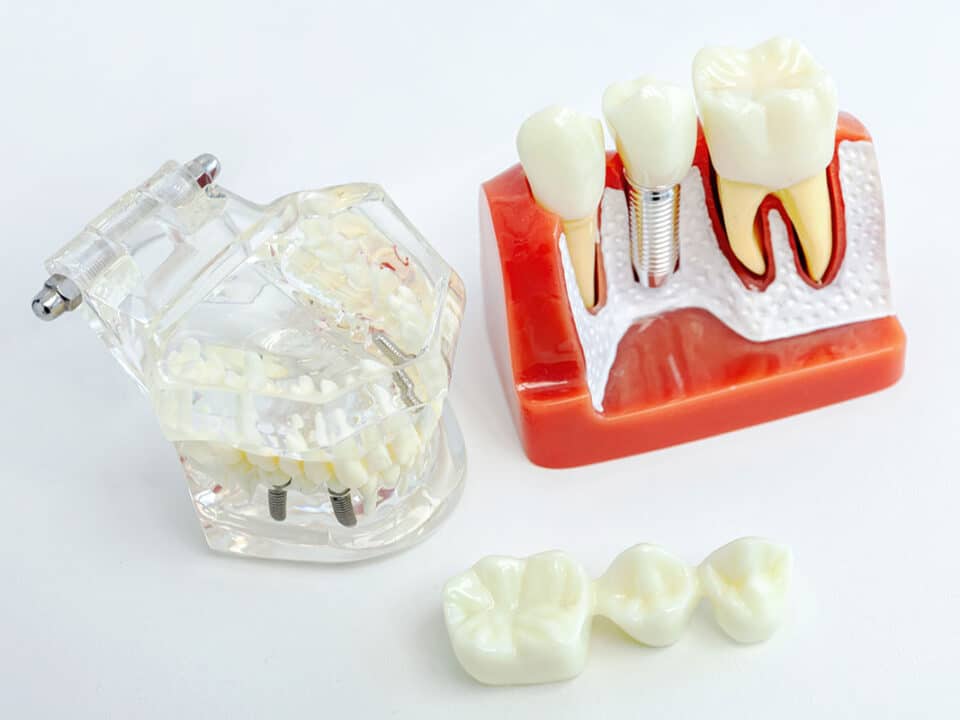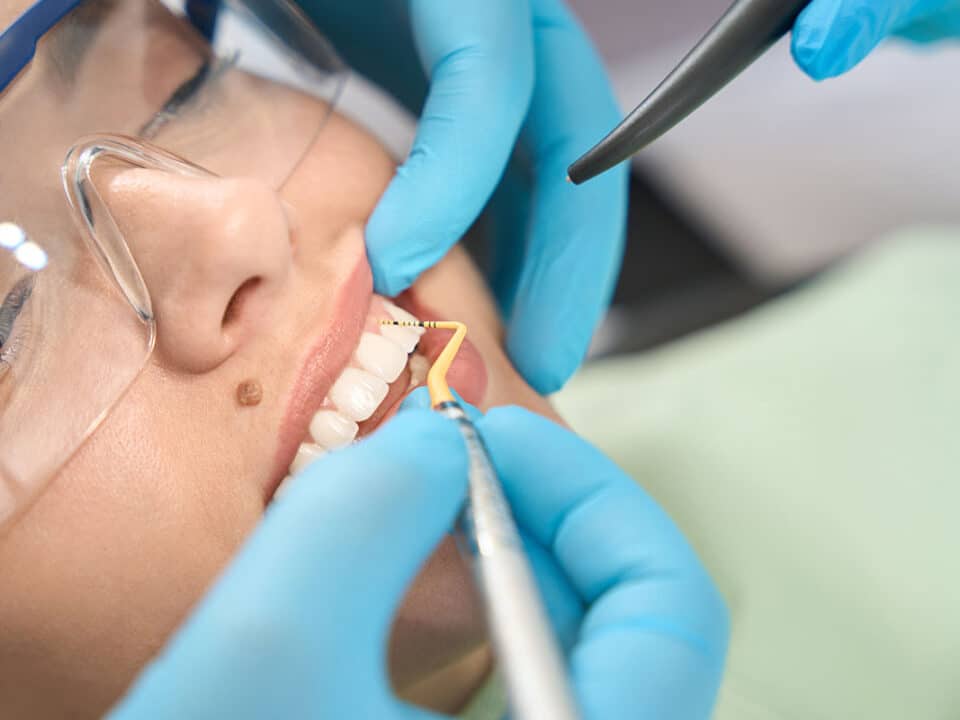Every child deserves quality dental care that supports their unique developmental journey. For children with developmental delays, neurodivergence, or special healthcare needs, dental milestones may not follow the standard timeline, and that’s perfectly okay.
By understanding dental milestones for special needs children and how dental development can differ, parents and caregivers are better equipped to support oral health, reduce anxiety, and ensure positive dental experiences that last a lifetime.
Table of Contents
How Special Needs Can Affect Dental Milestones
Children with conditions like autism spectrum disorder (ASD), Down syndrome, cerebral palsy, or sensory processing disorders often experience atypical patterns in their oral development. Some of the most common differences from standard dental milestones by developmental delay or special needs include:
- Delayed eruption of teeth
Teeth may come in later than average, and the sequence of tooth eruption may be irregular. This is common in Down syndrome tooth eruption timelines, where first teeth may appear months or even years later than those of peers. - Prolonged teething or late loss of baby teeth
The transition from primary to permanent teeth may take longer, delaying typical dental stages and affecting future orthodontic planning. - Speech, feeding, and oral-motor challenges
Children with motor impairments or sensory processing differences may experience difficulty with chewing, forming sounds, or managing saliva, which can impact both oral hygiene and tooth alignment. - Oral aversion or sensory sensitivity
Brushing, flossing, and dental visits may trigger discomfort or anxiety. This can lead to resistance to care, making consistent neurodivergent oral health routines challenging.
These variations happen because developmental conditions often affect more than just cognition or movement—they can influence muscle tone, jaw growth, hormonal timing, sensory processing, and even craniofacial structure. For example, low muscle tone in children with Down syndrome can affect their ability to chew and delay tooth eruption. In contrast, children with autism may experience heightened oral sensitivity, which affects both their hygiene habits and dental visits.
Each child’s development is unique, and these underlying factors can shift the typical timeline of dental milestones. That’s why individualized care from a pediatric dentist familiar with special needs is essential to monitor progress, prevent complications, and support overall oral health.
Adjusted Expectations & Individualized Care
While general milestone charts are helpful, they may not always apply to children with unique needs. For these children, care should be adapted through:
- Tailored milestone tracking
Instead of strict age guidelines, dentists use individualized dental milestone charts based on developmental ability and diagnosis-specific patterns. - Sensory-aware strategies
Some children benefit from desensitization plans, calm environments, or visual supports to reduce stress during brushing and appointments. - Modified oral hygiene routines
For those with oral aversions, dentists may recommend adaptive toothbrushes for autism, flavoured or unflavored fluoride-free toothpaste, or silicone brushes. - Team-based care planning
A pediatric dentist may work with occupational therapists, speech-language pathologists, or developmental pediatricians to align dental goals with the child’s broader developmental oral hygiene strategy.
To make appropriate adjustments, start by discussing any known diagnoses, concerns, or challenges with your child’s pediatric dentist. From there, the dentist can observe your child’s behaviour, oral development, and tolerance to care to recommend a customized dental roadmap.
A collaborative approach is often best. Consulting with your child’s care team, such as occupational therapists or developmental pediatricians, ensures that dental goals are aligned with their overall developmental progress.
Regular check-ins and flexibility in expectations help ensure your child receives compassionate, effective care tailored to their unique needs and abilities.
When to Seek a Special Needs Pediatric Dentist
Consider a special needs pediatric dentist if your child:
- Experiences extreme anxiety, panic, or shutdown behaviours during brushing or checkups
- Has complex medical conditions affecting oral anatomy or hygiene ability
- Is nonverbal, minimally verbal, or has trouble expressing pain or discomfort
- Requires sedation, restraint-free care, or specialized communication techniques
These professionals are equipped with the skills, patience, and empathy to make dental visits safer and more successful for every child.
Use terms like “special needs pediatric dentist”, “pediatric dentist for autism”, or “down syndrome dental care” when searching online, or ask your pediatrician or support therapist for referrals.
How Your Pediatric Dentist Can Help
Your pediatric dentist is more than just someone who checks for cavities—they’re your partner in supporting your child’s oral development at every milestone. From baby’s first tooth to adolescent orthodontic care, dentists play a critical role in guiding families through each stage with confidence and clarity.
Expert Monitoring of Dental Milestones
- Track development over time: Pediatric dentists monitor the timing, sequence, and symmetry of tooth eruption and loss, ensuring your child’s progress is as expected.
- Identify early red flags: Subtle issues, such as delayed teething, misalignment, or bite irregularities, can be spotted and addressed before they become more significant problems.
- Customized milestone timelines: Not all children follow the textbook schedule. A dentist can create an age- and developmentally appropriate tracking plan tailored to your child.
Prevention-Focused Care
- Fluoride treatments and sealants: Dentists help protect developing teeth against decay, especially during vulnerable stages like the eruption of molars.
- Hygiene education: Your dentist can demonstrate proper brushing and flossing techniques to both you and your child, and tailor recommendations to their age or developmental needs.
- Nutritional guidance: Diet plays a significant role in dental development. Your dentist can advise on tooth-friendly nutrition and what to avoid during critical growth periods.
Support for Special Circumstances
- Behavioural strategies: Pediatric dentists use child-friendly communication, distraction techniques, and desensitization to help nervous or sensory-sensitive kids feel more comfortable.
- Care coordination: For children with developmental delays or medical conditions, your dentist can collaborate with other specialists (like speech therapists or orthodontists) to create an integrated care plan.
- Orthodontic referrals and planning: Dentists monitor bite alignment and may refer your child for orthodontic evaluations around age 7 or earlier if needed.
Tip: Schedule regular dental checkups every 6 months—more often if your child has high cavity risk, orthodontic appliances, or medical concerns.
Creating a Positive Experience
- Pediatric dental offices are designed with kids in mind, from fun décor to reward systems and friendly staff trained in child psychology.
- Dentists can help instill lifelong healthy habits by making dental visits something your child looks forward to, rather than something they fear.
Helpful Tools for Special Needs Dental Care
Creating a successful oral care routine often depends on using the right tools. Children with developmental or sensory needs may resist standard brushes or toothpaste, but these adaptations can make a big difference.
Adaptive Toothbrushes
- U-shaped toothbrushes: Great for children who have limited motor coordination or who struggle with brushing angles.
- Electric/vibrating brushes: Provide consistent cleaning power and tactile input that some kids find soothing.
- Triple-head toothbrushes: Clean multiple surfaces at once and reduce the brushing time needed.
Sensory-Friendly Toothpastes
- Fluoride-free or low-foam options: Ideal for kids with taste or texture sensitivities.
- Mild or unflavored formulas: Prevent overwhelm caused by strong mint or fruity flavours.
Visual Aids & Schedules
- Brushing charts: Help track consistency and encourage independence.
- Picture schedules or social stories: Break down each step of brushing or dental visits to reduce anxiety.
Comfort and Support Tools
- Weighted lap pads or compression vests: Provide calming pressure during brushing or dental appointments.
- Noise-cancelling headphones: Useful for children sensitive to dental office sounds.
Oral Hygiene Accessories
- Floss holders or floss picks: Make flossing easier for children and caregivers.
- Mouth props or chewable oral tools: Useful for kids who need jaw support or oral-motor stimulation.
Talk to your pediatric dentist about what tools are best suited to your child’s needs—they can often recommend specific products based on age, diagnosis, and comfort level.
Children with special needs should have their first dental visit by age 1 or within six months of their first tooth appearing. Early visits help the dentist assess potential delays and build a care plan suited to your child’s development.
In some cases, significantly delayed tooth eruption may signal underlying conditions. While not diagnostic alone, dental delays should prompt a discussion with your pediatrician or developmental specialist.
Yes, but your dentist may adjust how they’re applied. Some children may tolerate fluoride varnishes better than rinses. Discuss options during your visit.
In many cases, yes, but only when performed by trained pediatric dental professionals. Sedation options range from nitrous oxide (laughing gas) to IV sedation or general anesthesia, depending on your child’s needs, behaviour, and medical history. A special needs pediatric dentist will assess your child’s risk factors and coordinate care with a medical team if necessary. Always choose a clinic with experience in sedation for neurodivergent children or those with complex conditions.
Every six months is recommended for most, but high-risk children may benefit from more frequent visits. Your dentist will tailor a recall schedule based on your child’s needs and risk factors.
Yes, in many cases, children with developmental delays may benefit from more frequent dental visits—every 3–4 months instead of the typical 6-month schedule. This helps monitor delayed eruption, assess oral hygiene challenges, and prevent decay, especially if a child has difficulty with daily brushing, has a limited diet, or uses medications that affect saliva production. Your pediatric dentist can tailor a recall schedule based on your child’s risk factors.
Look for behavioral changes like refusal to eat, sleep disturbances, increased drooling, face rubbing, or general irritability. Bad breath, visible swelling, or holding their jaw are also red flags. Children who are nonverbal or minimally verbal often communicate discomfort through changes in routine or mood. If you suspect pain, schedule a dental visit promptly—even if your child hasn’t expressed it clearly.
Yes. Many medications prescribed for developmental or behavioural conditions can reduce saliva production (causing dry mouth), increase sugar exposure (especially liquid medications), or lead to mouth sensitivity. Dry mouth increases the risk of tooth decay and gum disease. Let your dentist know what medications your child takes—preventive steps like fluoride rinses, sugar-free alternatives, and saliva stimulants can help.
Check us out on Facebook and Twitter for daily information about Oral Health from Martindale Dental, or visit our offices in Hamilton and St. Catharines.
Have more questions?
Please contact us for all inquiries or to book an appointment with one of our convenient clinic locations. We look forward to hearing from you.




